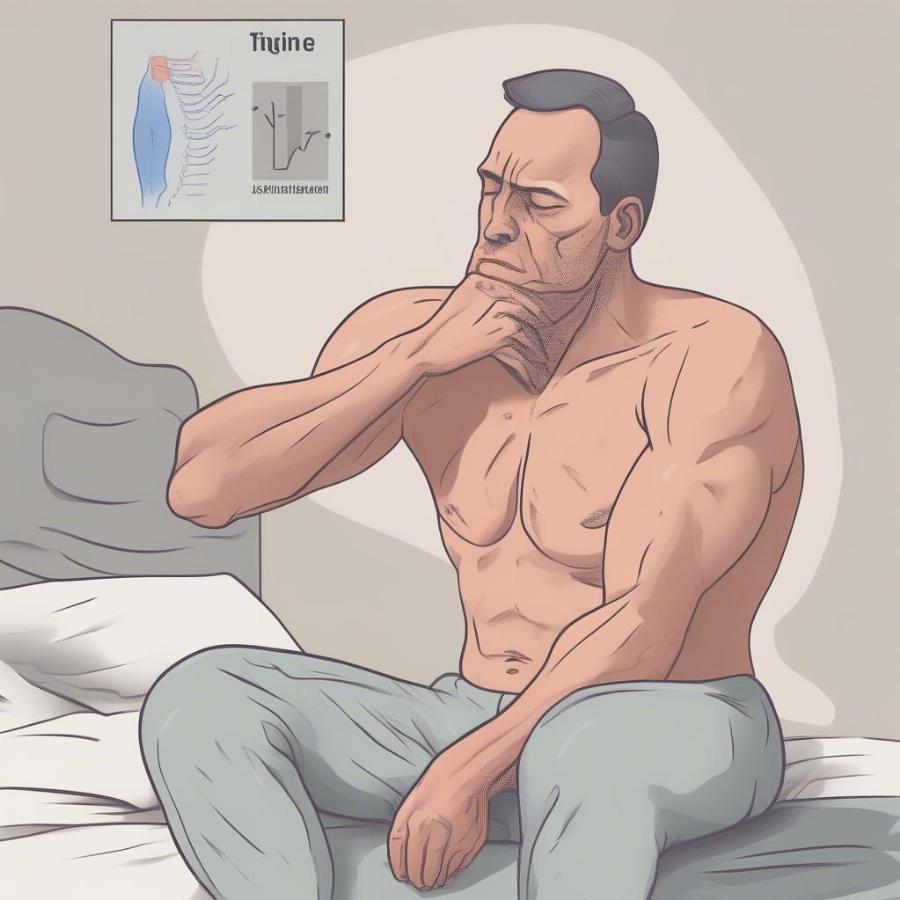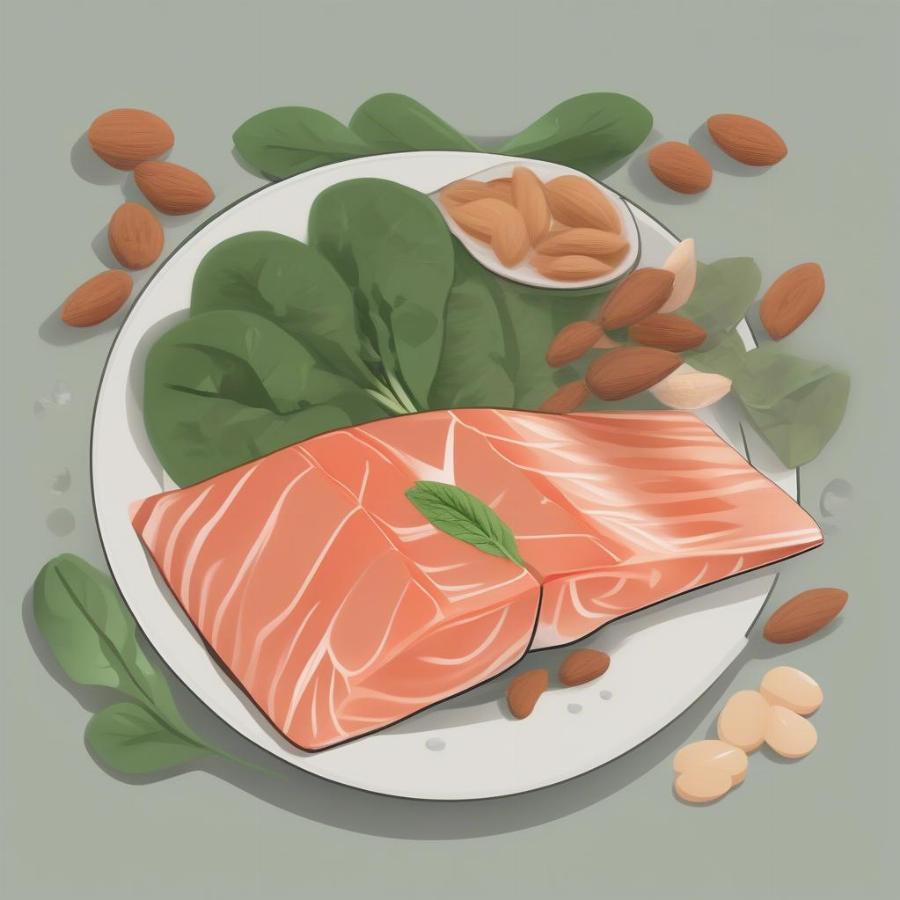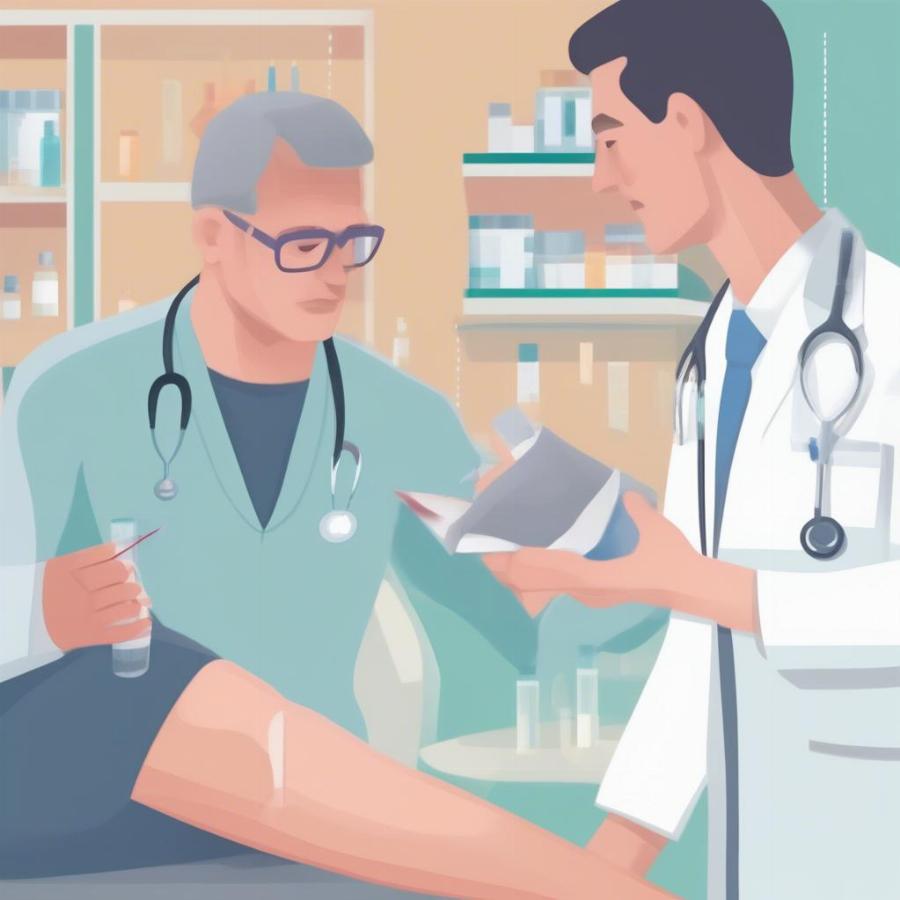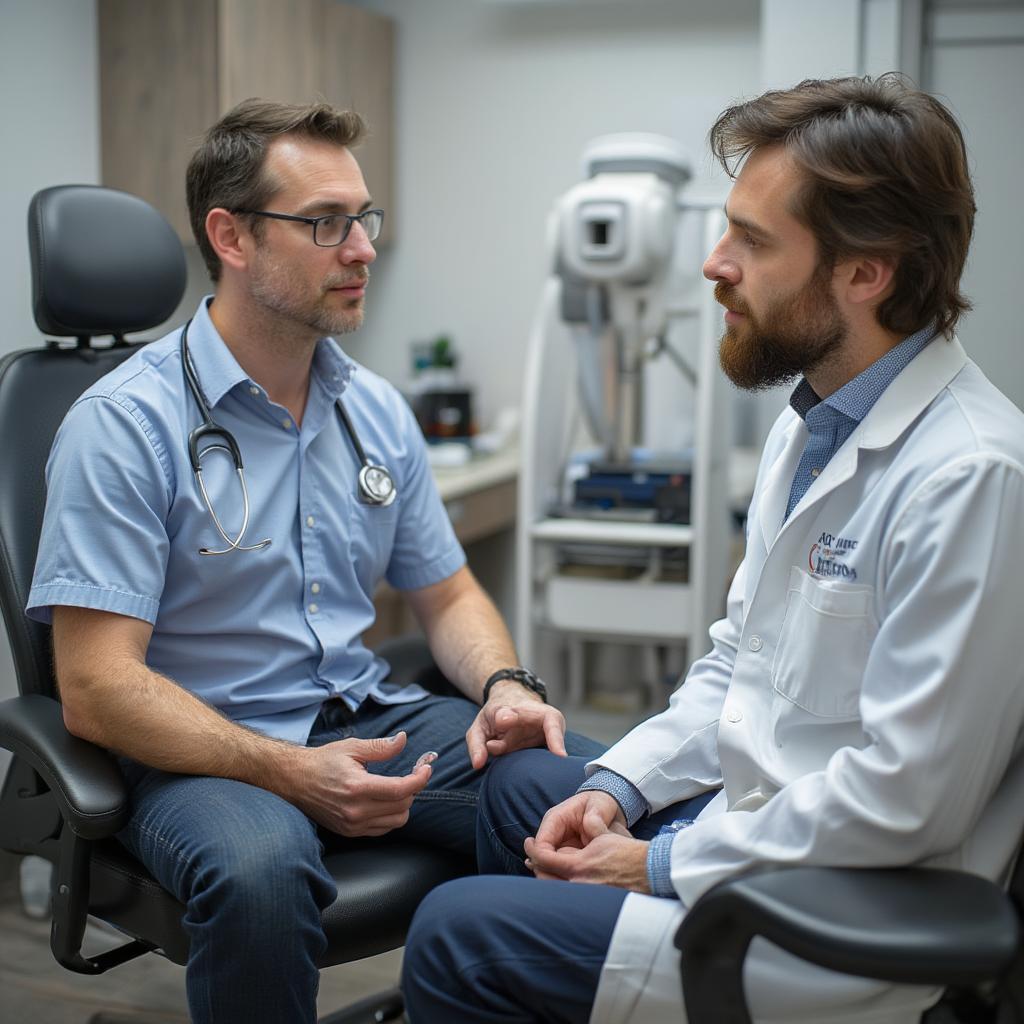Testosterone Revolution: A Men’s Health Magazine Guide

The testosterone revolution is upon us. Men’s health magazines are increasingly focusing on testosterone, its impact on overall well-being, and how to optimize levels naturally. This comprehensive guide will delve into the crucial role of testosterone in men’s health, exploring its effects, the potential consequences of low testosterone, and evidence-based strategies to boost it naturally.
Understanding the Importance of Testosterone
Testosterone is the primary male sex hormone, crucial for developing and maintaining male characteristics. It plays a vital role in muscle mass and strength, bone density, fat distribution, red blood cell production, sex drive, and sperm production. Beyond the physical, testosterone also influences mood, energy levels, and cognitive function.
Deciphering Low Testosterone: Symptoms and Causes
Low testosterone, also known as hypogonadism, can manifest in various ways. Some common symptoms include reduced sex drive, erectile dysfunction, fatigue, decreased muscle mass, increased body fat, mood swings, and difficulty concentrating. Several factors can contribute to low testosterone, including age, certain medical conditions (like type 2 diabetes and obesity), medications, and lifestyle factors such as poor diet, lack of exercise, and chronic stress.
Identifying the Signs of Low Testosterone
Recognizing the subtle signs of low testosterone is crucial for early intervention. While some symptoms are overt, others can be easily dismissed. Pay attention to persistent fatigue, decreased motivation, difficulty building muscle despite regular exercise, and changes in sleep patterns.

Boosting Testosterone Naturally: Evidence-Based Strategies
Fortunately, there are numerous natural ways to optimize testosterone levels. Lifestyle modifications, including regular exercise, a balanced diet, stress management, and quality sleep, can significantly impact testosterone production.
The Power of Resistance Training and High-Intensity Interval Training (HIIT)
Resistance training, such as weightlifting, is a potent testosterone booster. Compound exercises that work multiple muscle groups are particularly effective. HIIT workouts, which involve short bursts of intense activity followed by brief rest periods, have also been shown to increase testosterone levels.
Fueling Your Body for Optimal Testosterone Production
A balanced diet rich in protein, healthy fats, and essential nutrients is crucial for testosterone synthesis. Focus on lean protein sources, such as fish, poultry, and beans, healthy fats from avocados, nuts, and olive oil, and complex carbohydrates from fruits and vegetables.

Managing Stress and Prioritizing Sleep
Chronic stress can suppress testosterone production. Implementing stress-reducing techniques like meditation, yoga, or spending time in nature can be beneficial. Adequate sleep is equally important, as testosterone is primarily produced during sleep. Aim for 7-9 hours of quality sleep per night.
The Role of Supplements
While lifestyle changes are paramount, certain supplements may support testosterone production. Vitamin D, zinc, and magnesium are essential nutrients often deficient in men with low testosterone. However, it’s crucial to consult with a healthcare professional before starting any supplement regimen.
Testosterone Replacement Therapy (TRT): When Is It Necessary?
While natural methods are often effective, some men may require testosterone replacement therapy (TRT). TRT involves administering synthetic testosterone to restore levels to a normal range. This treatment is typically reserved for men diagnosed with clinically low testosterone and is prescribed and monitored by a physician.
The Benefits and Risks of TRT
TRT can improve symptoms of low testosterone, such as increased libido, improved muscle mass, and enhanced energy levels. However, potential risks exist, including acne, sleep apnea, and an increased risk of blood clots. A thorough evaluation by a healthcare professional is essential to determine if TRT is appropriate.

Living with Optimized Testosterone: A Holistic Approach
The “testosterone revolution men’s health magazine” conversation emphasizes a holistic approach to men’s health. It’s not just about increasing testosterone levels but about optimizing overall well-being. This includes prioritizing physical and mental health, fostering healthy relationships, and cultivating a fulfilling life.
“Optimal testosterone levels are a cornerstone of men’s health, influencing everything from physical strength to mental clarity.” – Dr. David Miller, Men’s Health Specialist
“A balanced lifestyle, incorporating regular exercise, a nutritious diet, stress management, and quality sleep, is the foundation for healthy testosterone production.” – Dr. Michael Johnson, Endocrinologist
Embracing the Testosterone Revolution: A Call to Action
The testosterone revolution empowers men to take control of their health. By understanding the importance of testosterone and implementing evidence-based strategies, men can optimize their physical and mental well-being, leading to a more fulfilling and vibrant life.

Conclusion
The “testosterone revolution men’s health magazine” highlights the crucial role of testosterone in men’s health. By embracing a holistic approach that includes regular exercise, a healthy diet, stress management, and quality sleep, men can naturally optimize their testosterone levels and improve their overall well-being. If you suspect you have low testosterone, consult a healthcare professional for proper diagnosis and treatment options. Remember, taking proactive steps towards a healthy lifestyle is key to unlocking your full potential.




